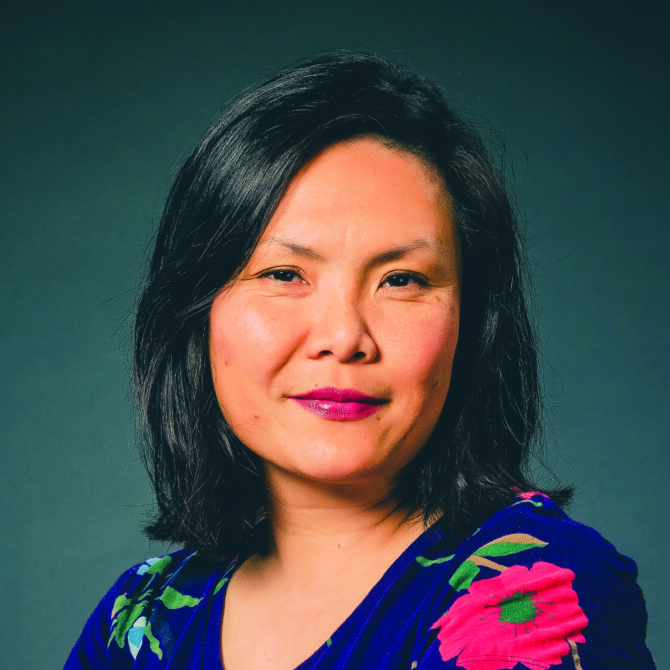By understanding what it means to be wise, we can expand and hone our capacity for wisdom, whatever our age or life experience.
We live in a world that hierarchizes wisdom. We associate wisdom with the elderly; we locate wisdom in experience, we speak as if wisdom is something we acquire, once and for all. Now, to be clear, I don’t want to dispute the idea of ‘wisdom of the elders’ or suggest that wisdom can’t be earned through experiences. Clearly, there are some things we can only learn by living through them. But knowledge is only part of wisdom, and when we focus too much on wisdom-as-knowledge, we start to think about wisdom as a state-of-being – a status we get and never lose. Wisdom is not a status to be attained, but a set of attitudes, postures and values to be practised.
In my work as a CEO coach and an educator, I’ve found that the wisest people I encounter share three things: a profound understanding of their context, a measured courage, and a prioritization of care. We can all learn from their examples and, regardless of our ages or positions, make wisdom a habit.
Understanding your context
Wise people know that one size never fits all. Knowledge is deeply contextual. What is right in one moment may be wrong in another, and wisdom helps us to discern these contextual differences. But how do we know what is contextually appropriate? Curiosity. Wisdom is essentially curious. It wonders at what it doesn’t yet know. It marvels at uncertainty. It isn’t fazed by a knowledge gap. Instead, wisdom asks questions, gently and humbly. Wisdom maintains a beginner’s attitude, taking time to notice its own individual shortcomings and unpretentiously finding someone else who knows more. If curiosity animates our posture toward our contexts, we will be the wiser for it.
Measured courage
Wisdom clarifies courage. Inevitably, wisdom has a retrospective element; we all learn from our past. When we habitually rely on this kind of wisdom to apprentice us into better versions of ourselves, we become more attuned to the kind of risks and actions we ought to take. ‘Ought’ is important. The moment we ought to do something is precisely the moment for courage. Wisdom tempers this courage, helping us find the fortitude to act while directing us to respond appropriately.
Prioritizing care
The final aspect of wisdom is that it prioritizes care. Wisdom is not unaware of the deadlines, expectations, quarterly goals or sales numbers that govern much of our working lives, but it knows that the means matter just as much as the outcome. To that end, wisdom prioritizes the means. In practice that looks like caring for relationships.
Wisdom knows that how we achieve our goals says as much about us as the achievement itself
Wisdom knows that how we achieve our goals says as much about us as the achievement itself. Caring for those around us as human beings with complicated, full, imperfect lives – human beings who need to be shown grace – is the bedrock of meaningful work. I am not saying that leaders should care about people so that they ultimately receive a good return on investment: that they should care so that they get more productivity or employee loyalty or some other benefit. Rather, I am saying that wisdom teaches us that care is the thing that matters. It’s the only thing.
In these ways, wisdom is not reducible to a mere system of boxes to be checked. It’s not just a marker we hit on our 75th birthday or something that is only legible on our résumés. It is not the exclusive preserve of some lucky few. Wisdom is something we all can practise, hone, and ultimately get better at.
Sanyin Siang is a Pratt School of Engineering professor and leads the Fuqua/Coach K Center on Leadership & Ethics at Duke University.

